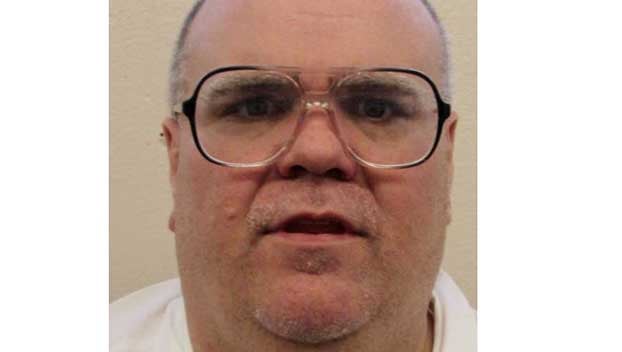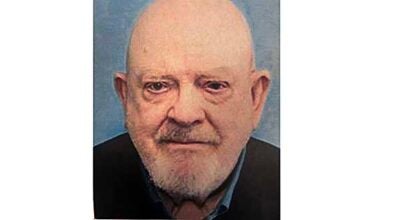U.S. Supreme Court clears way for Alabama to execute murderer tonight
Published 9:26 pm Thursday, September 22, 2022
A divided U.S. Supreme Court said Alabama can proceed Thursday night with the execution of an inmate convicted in a 1999 workplace shooting.
Justices in a 5-4 decision vacated an injunction that had prevented the lethal injunction of Alan Miller from going forward.
Lower courts had blocked the lethal injunction after Miller’s attorneys said the state lost his paperwork requesting an alternative execution method. Miller was convicted of killing three people in a 1999 workplace rampage.
Miller, 57, was convicted of killing three people in a 1999 workplace rampage, drawing the death sentence. A judge blocked the execution plan earlier this week.
Miller testified that he had turned in paperwork four years ago selecting nitrogen hypoxia as his execution method, putting it in a slot in his cell door at the Holman Correctional Facility for a prison worker to collect. On Tuesday, U.S. District Judge R. Austin Huffaker Jr. issued a preliminary injunction blocking the state from killing Miller by any means other than nitrogen hypoxia, after finding it was “substantially likely” that Miller “submitted a timely election form even though the State says that it does not have any physical record of a form.”
Although Alabama has authorized nitrogen hypoxia as an execution method, it has never done so and the prison system has not finalized procedures for using it to carry out a death sentence.
Prosecutors said Miller, a delivery truck driver, killed co-workers Lee Holdbrooks and Scott Yancy at a business in suburban Birmingham and then drove off to shoot former supervisor Terry Jarvis at a business where Miller had previously worked. Each man was shot multiple times and Miller was captured after a highway chase.
Trial testimony indicated Miller believed the men were spreading rumors about him, including that he was gay. A psychiatrist hired by the defense found that Miller suffered from severe mental illness but also said Miller’s condition wasn’t bad enough to use as a basis for an insanity defense under state law.





